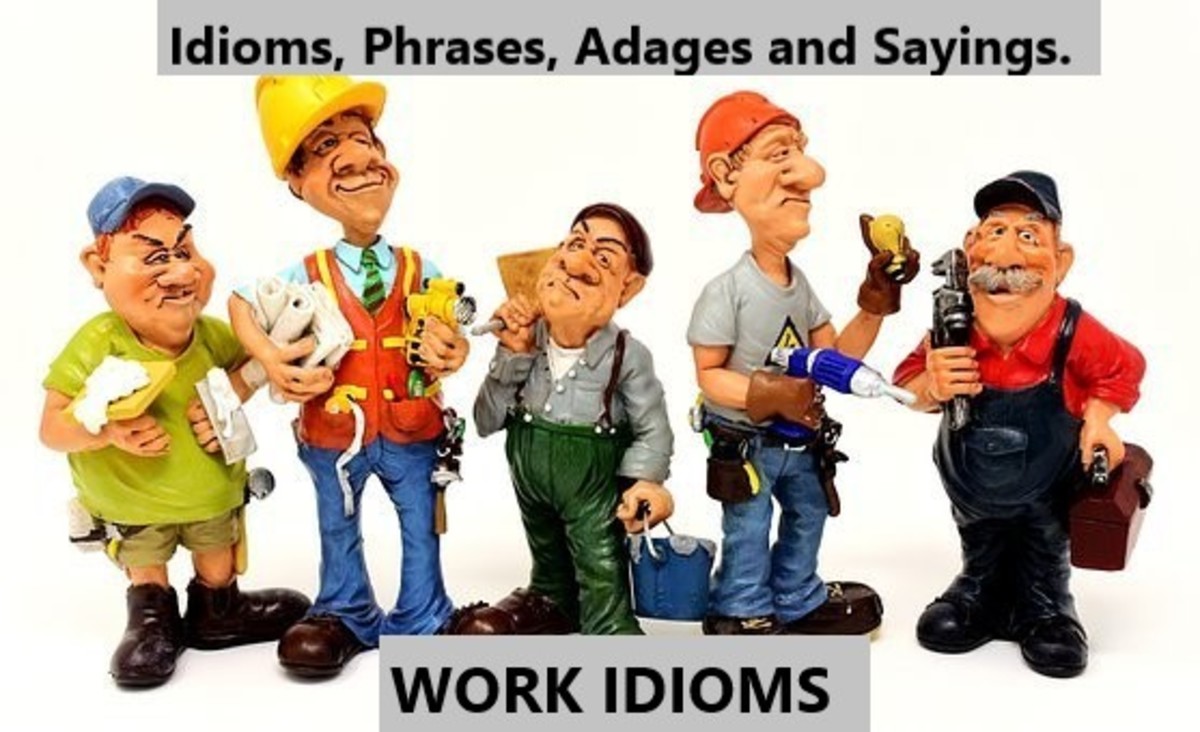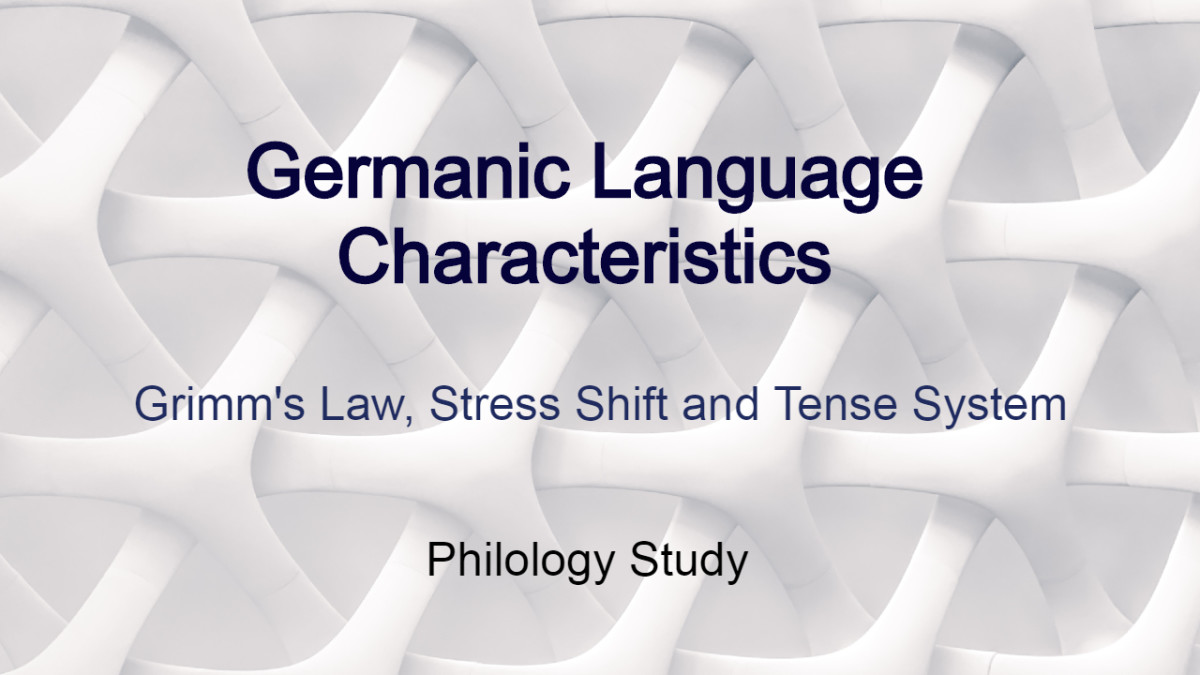English Help-Commonly Misused English Words 1

English is a strange language, which has many words, which sound the same but mean different things. This can lead to mistakes not in spelling, but because the writer uses the wrong word making his or her work nonsense. To avoid such mistakes, it is necessary to think about what meaning you intend to convey. Computer spelling and grammar check programmes do not always detect these types of errors. Reading your work aloud can help you to recognize the mistake, whereas no matter how many times you read your work through silently, you may easily miss this kind of error.
Homophones are words that sound the same but have different meanings. Other words are spelled very similarly and are confusing. Writers are often concentrating so hard on spelling the word correctly that they fail to notice that they have used the incorrect word. When one looks at commonly confused words, it is simple to see how easy it is to make an error.
Their, there, and there are the most commonly confused homonyms in the English language are there, their, and they’re. These words are common in English and it is easy to get them wrong.
There may indicate place or is used before the words ‘is’ and ‘are’. For example, The Remote control is there, on the couch. There is a c in the word particular. There are apples in the fruit bowl.
There is the plural possessive and means belonging to them, for example the children put their coats on before going out to play.
"They’re" is a contraction of the words ‘they are’ and is used for that purpose and that purpose only. For example, They’re going home because they’re tired.
By, buy, bye and bi all sound the same but mean very different things.
By can mean next to, to describe how something is done or who does that thing. For example, Standing by a fire makes you warm. You bake a cake by mixing flour, sugar, butter and eggs. The speech was made by the Mayor.
Buy is a verb meaning to purchase something or to pay money for something, or to give one thing in exchange for another. For example, Sylvia goes to the greengrocers to buy vegetables.
‘Bye is an abbreviation for ‘goodbye’ an expression for bidding someone farewell or adieu. For example, Gerald said “’bye” airily as he walked out of the door.
Bi is a prefix meaning one in two, for example, biannually means every two years as in the biannual Little Slingsby Poetry festival means that Little Slingby holds its Poetry Festival every other year.
There are many other words, which are frequently misplaced for one another because they are spelled similarly.
Your, the second person possessive, meaning belonging to You is often confused with you’re, a contraction for the words ‘you are’.
Accept and except are easily confused, accept means to take and except means excluding or but, for example, If you accept a gift, you must say thank-you. Everyone, except Garry, likes ice cream. One pair of similar words, often used wrongly, are affect and effect. Affect is a verb meaning to make a difference to or to pretend. Effect is a noun, which means the change brought about by an action. One simple way to remember which to use when is to remember that affect is a verb, which begins with an ‘a’ for action, whereas ‘e’ is the (e for end) result of an action.
For example, Rain affected play, and the match began late. She affected not to hear. The sound and light effects, at the concert, really enhanced the experience.
Cite, site, and sight sound the same but mean very different things. Cite means to name or to quote, site means place and sight is the sense of vision or seeing.
For example, In an academic work, you must cite your sources. Mary was relieved, at the sight of her grandson, waiting at the airport arrivals barrier. The archaeologists were working at the site of an ancient fort.
A desert is a barren area of the world, but a dessert is a pudding. For example, thePolar regionsof the world are ice deserts. Raspberry and hazelnut Pavlova is a delicious dessert.
Its means belonging to it, whereas it’s is a contraction for it is. For example, The dog had lost its ball. It’s very easy to confuse these two words.
Another difficult pair is whose and who’s. similarly who’s is a contraction of ‘who is’ and whose is a possessive form.
The car, whose hazard lights were flashing, blocked the lane. Who’s there?
Stationary and stationery are a word pair that often catches the unwary. Stationary means still, and stationery is office supplies, such as envelopes, paper, and notepads.
Forewarned is forearmed and knowing that these are tricky words, will help you to avoid problems in writing English. Thinking carefully about the meaning that you wish to convey and reading your work aloud will help you to notice errors in your work.



